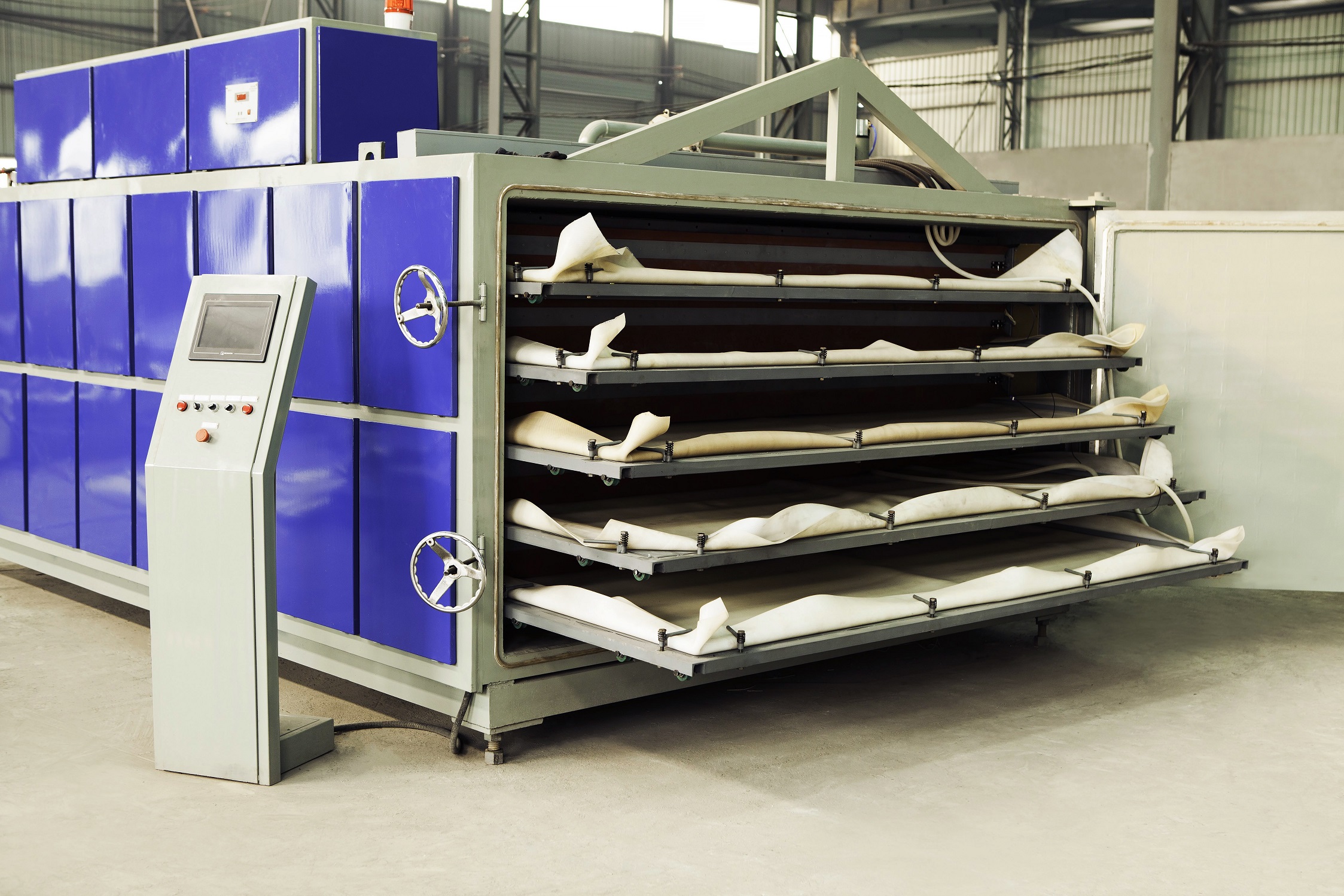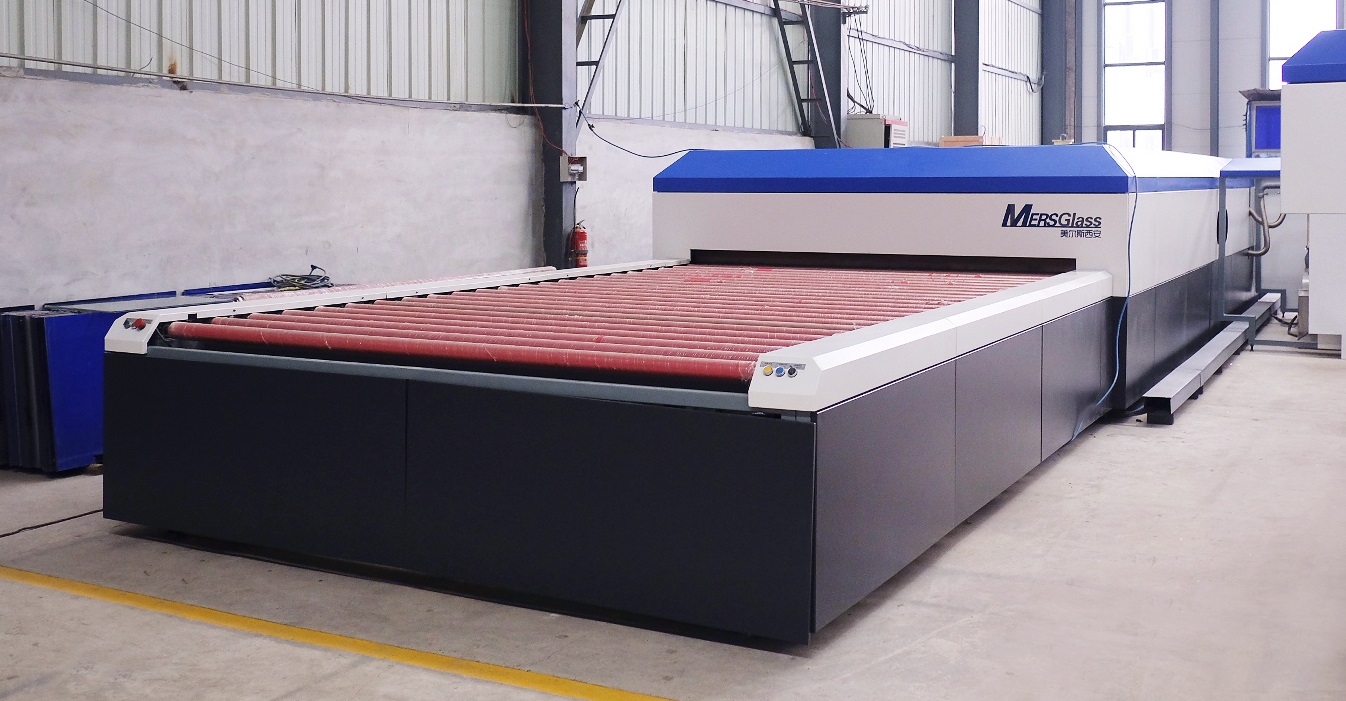Non Autoclave Lamination Machines: Transforming Small - Scale Production
In the constantly evolving modern glass manufacturing industry, small-scale producers are constantly looking for innovative ways to make their mark in the market. Non autoclave lamination machines have become a force to be reckoned with that has revolutionized the world of production for small businesses. With cutting-edge technology and innovative design features, these machines offer several benefits over the traditional, in fact revolutionizing the way small-scale production is carried out.
Meet Niche Production Demands
Small-scale manufacturers prefer to focus on producing specialty, customized products for niche markets. Non-autoclave lamination machines benefit here as they can be quickly adjusted to keep pace with the specifications of singular manufacturing opportunities. Manufactured in modular form, such machines allow manufacturers to change modules or alter settings to keep up with the distinctive demands of diverse projects. For example, when making handmade glass-embedded home decorative products, the machine can be set to handle thin glass sheets and some interlayer materials, thus the end product is laminated to particular specifications. Such versatility allows small-scale producers to make highly tailored products that achieve high-end standards of discerning customers and stand out in a competitive market.
Integration with the Digital Manufacturing Ecosystem
Industry 4.0 has spurred the digital revolution of the manufacturing industry, and autoclave free laminate machines are at the forefront. The majority of the current non-autoclave models are easily compatible with the digital age of manufacturing. They are equipped with IoT sensors and connectivity features, enabling real-time data collection and analysis. Small producers are able to monitor crucial production parameters such as lamination speed, temperature fluctuations and power consumption on a professional software platform. Data-driven strategy not only guarantees optimal production processes but also predictive maintenance and reduces unplanned downtime. For example, if there is the potential for sensors to detect an unexpected rise in temperature during lamination, the system may have the potential to alert the operator in advance in an attempt to prevent potential product defect and equipment deterioration.
Supporting Sustainable Manufacturing Practices
In an era when environmental awareness is crucial, non autoclave glass laminate machines play a vital role in environmentally friendly manufacturing for small business owners. They don't squander much energy to heat and pressure like the old autoclaves used to. Most use energy-saving technology, using cold lamination technology on some models so they don't release carbon because no high-temperature processing is involved. Apart from all this, the machines produce less waste during manufacture. Tighter control over lamination minimizes material waste and some components of the machines use recyclable material, further reducing their environmental unfriendliness. Through the adoption of non-autoclave laminators, low-volume manufacturers do not only save on running cost, but establish a good company image towards the environment.
Promoting Collaborative Production Models
Autoclave free laminate machines also promote cooperative patterns of manufacturing among small-sized producers. They are small-sized and proportionately have low requirements for investment amounts, which permit various small-sized firms to jointly share equipment as well as means. An example is a batch of local manufacturers with different lines of production of the end product, and they can utilize an autoclave-free laminator jointly to allow final product lamination to be carried out. This not only reduces investment costs for the individuals, but also triggers knowledge acquisition and innovation across the community of small-scale manufacturers. With the collective mechanism, small-scale producers can individually pursue bigger projects as well as improve market reach.
Conclusion
In short, non autoclave lamination machines have become an indispensable asset for small-scale production, driving change in many dimensions. When it comes to non-autoclave laminators, MERSGlass is the industry leader as far as non-autoclave laminators are concerned. Our machines use the latest technology and include high-level customization capabilities, easy digital connectivity and green features. We believe in catering to small-scale producers for the long haul, and our products have helped many companies record significant progress. Choose our non autoclave lamination machines to start your journey to efficient, innovative and sustainable small-scale production. Looking forward to working with you.
-

High-Speed Autoclave-Free Laminating Lines: Streamlining PVB Glass Production for Mass Manufacturing
For the glass industry, PVB laminated glass production is one of the most critical processes with widespread use in the architectural, automotive and security sectors. Autoclave-free glass laminating lines have completely revolutionized the industry with a speedier, more efficient, and eco-friendly method of large-scale glass production.2025-05-26
-

Efficient Non-Autoclave PVB Glass Laminating Furnace: Cost-Saving Measures for Small and Medium Businesses
In the competitive market of glass manufacturing, small and medium-sized businesses are generally faced with the challenge of balancing the quality requirement and cost effectiveness for the PVB glass interlayer process. Non autoclave PVB glass laminating furnaces represent a disruptive option that delivers an efficient and cost-effective solution with no compromise on the quality of the interlayer.2025-05-22
-

Common Defects and Solutions in Autoclave - Free Glass Laminated Machines
Autoclave free glass laminating machines have become extremely popular in the last few years among glass manufacturers because they consume low power, have lower production cost, and are small in size as compared to traditional autoclave-based systems. However, like all other machines that are employed during manufacturing, there are also certain defects that they impose which affect the quality of laminated glass products.2025-05-14
-

Non - Autoclave Glass Laminated Machine for the Manufacturing of Decorative Glass: Adding Aesthetic Appeal to Spaces
Decorative glass is presently the most popular choice in interior decoration and architecture, imparting an air of elegance, sophistication and utility to an atmosphere. Non autoclave glass laminate machine is leading the way in the manufacture of quality decorative glass. The advanced technology employed in the machinery has revolutionized the production of decorative glass, providing a myriad of benefits and enhancing the aesthetic and functional value of glass products.2025-05-12









